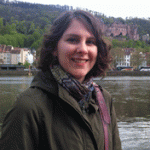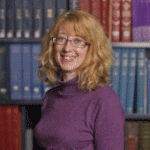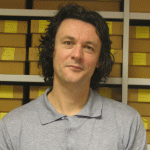(Re)Presenting the Archive – Question 4
By
Sophie Baldock, Matthew Cheeseman, A. S. G. Edwards, James Mussell, Clare Scott, Ian Trowell
March 2014
4What do recent developments in archival representation mean for the use of specific archives in teaching and public engagement?
Although for reasons relating to privacy and data protection it may be some time before the digital archives of contemporary writers are made fully available, I would argue there is scope for these archives to be used eventually in teaching and public engagement.
Read this ResponseI’m only qualified to answer this question in reverse as I have only been funded to work with archives via public-engagement activities. In doing so, I have found the advent of apps for smartphones and hand-held computers such as the iPad useful for public engagement and, to a lesser extent, teaching.
Read this ResponseObviously images, which form one aspect of “archival representation,” have some potential value in any form of teaching, as does any other kind of illustrative material. But I am unclear as to what “recent developments in archival representation” the question is referring to.
Read this ResponseI’ll focus on digitization, as it offers considerable opportunities for teaching and public engagement. Simply publishing images of archival objects, with appropriate metadata, radically increases accessibility. The sensible use of licensing—publishing content under the more liberal Creative Commons licenses, for instance—allows people to use these images (and their metadata) for their own purposes, whatever they might be.
Read this Response“Recent developments” in our case are driven predominantly by digital methods. This comes from a mix between generated user expectations and library and archive trends. Digitization can be a great enabler for engaging with students and members of the public. Archives have traditionally been more welcoming to scholars and specialists than to amateur researchers.
Read this Response




